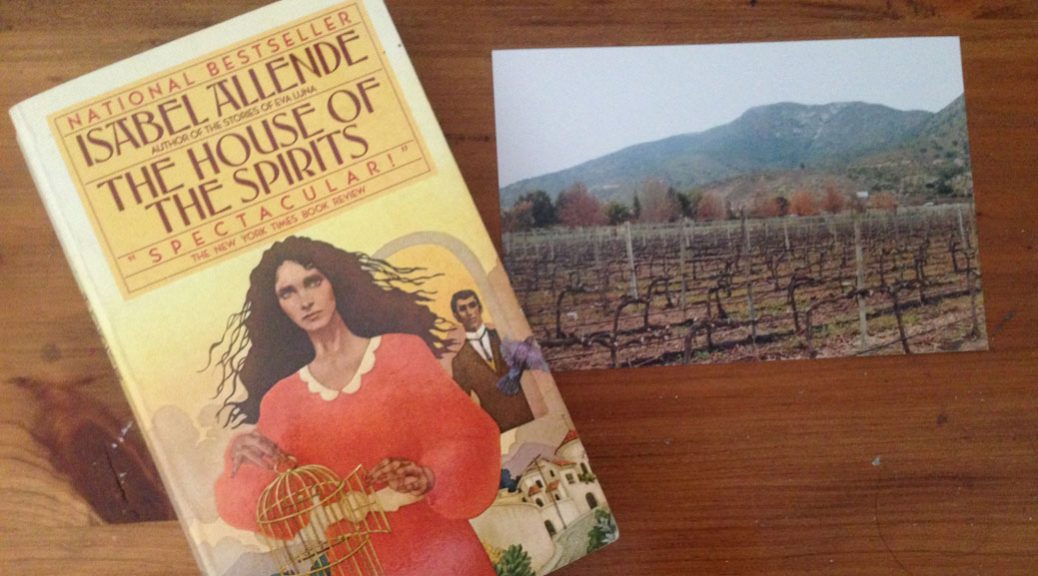That thin slice of land on the western coast of South America, Chile counts Pablo Neruda and Isabel Allende amongst its literary luminaries. In her writing, the latter dabbles in magic realism. My introduction to the genre came in high school when we watched the movie adaptation of the Mexican novel, Like Water for Chocolate.
The genre is dominated by Latin American writers. However, before reading Allende, the only works of magic realism I’d read were by Salman Rushdie and Angela Carter, neither of whom are Latin American.
The House of the Spirits, Allende’s debut novel which incorporates magic realism, had often popped up as a must-read on book lists I’d read; so when I found it in a secondhand bookstore, I made it mine immediately.
I did face a dilemma, however. Allende was born in Peru, not Chile. Did that qualify her book to be the Chilean choice for my reading challenge? But she is defined as a Chilean writer; after all, it was her home for a significant period. Google Chilean writers, and her name comes up.
What also distinguished this book from most of the others I’d read for my challenge thus far, is that no country is ever named in The House of the Spirits. Purportedly it’s meant to be Chile, but it could really be any South American setting – or even African for that matter. Place is not as important as people and their politics – be they social, gender, or literal; and in this novel, all is brought to life by its enchanting cast of female characters.
Even though the sociopolitical milieu of the book is palpable, the magic and romance of the characters are equally significant. This points to a conversation I had recently about my challenge in which one of the questions posed was how I choose my books.
First and foremost: the author has to be identified with that country in a significant way – usually through birth and breeding, but not exclusively. I also try to find books set in the relevant country in a somewhat realistic setting so as to learn more about its people and its places. This has led to the reading of many memoirs and semi-autobiographical work.
But this should not be (and isn’t) a rigid rule. For one thing, it can perpetuate stereotypes; and just because a country has faced war, strife, political upheaval, or whatever the bleak case may be, does not mean every literary work covers these themes.
In choosing non-“realistic” genres such as science fiction, fantasy, or magic realism, I not only celebrate these genres but highlight the bounty of stories that any writer – no matter where they’re from – can choose to tell. The diverse and varied styles available to any writer are tools that help them (and us as readers) move beyond stereotypes. And, more often than not, it’s in the realms of heightened imagination that the most powerful commentary is made.
